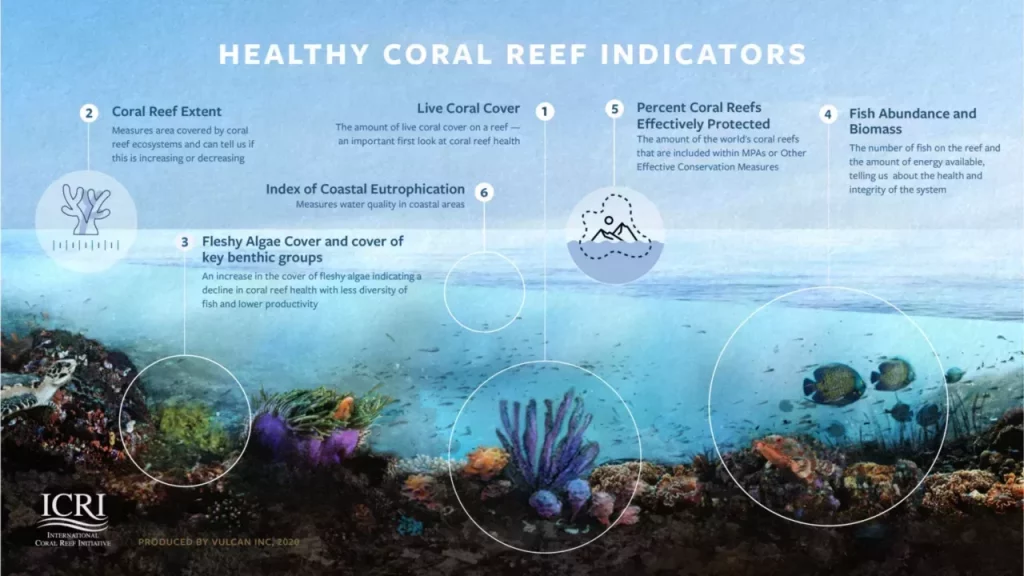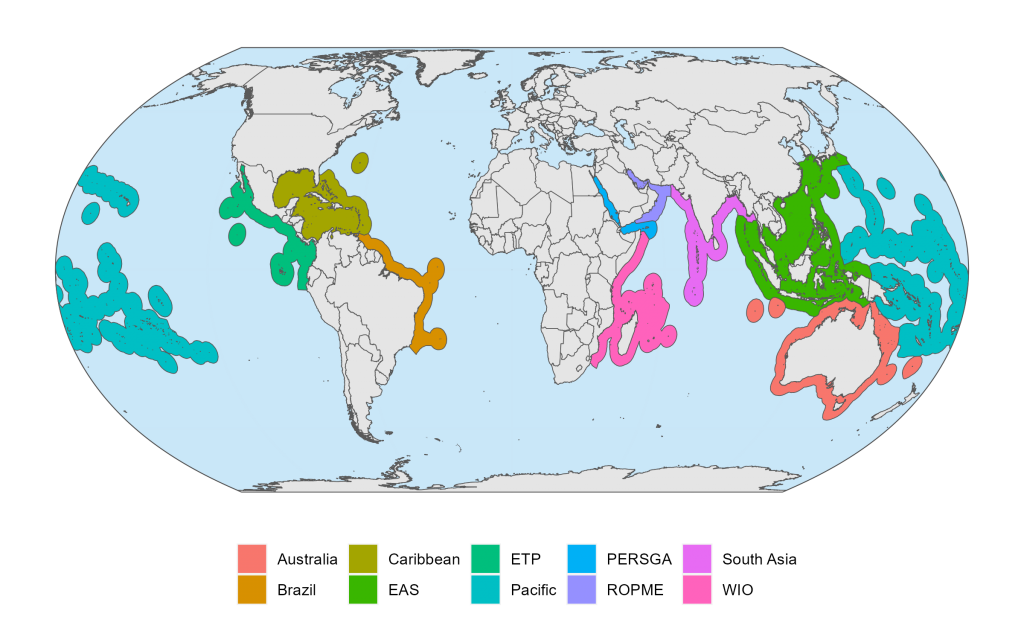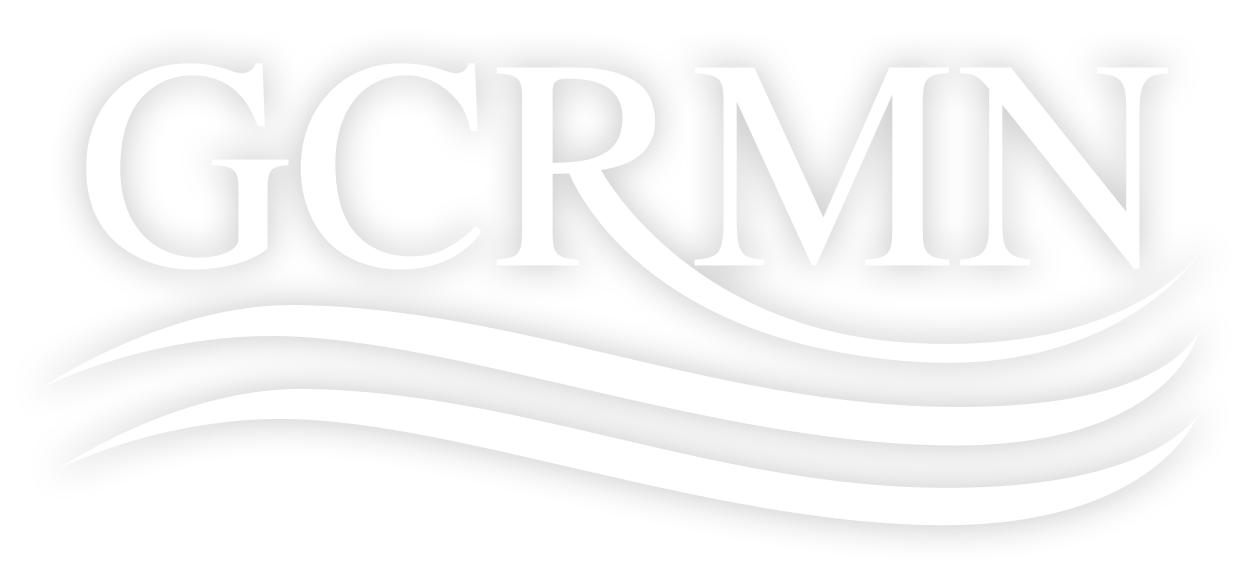
The Global Coral Reef Monitoring Network (GCRMN) is a global network of scientists, managers and organisations that monitor the condition of coral reefs throughout the world, operating through 10 regional nodes, which operate as entities under the GCRMN driven by regional coordinators. These coordinators facilitate the communication within the region, host workshops on monitoring and data management, and contribute to global and regional GCRMN “Status and Trends of Coral Reefs” reports, alongside diving the production of respective reports focusing on the status and trends of coral reefs at the regional level.
To discuss the process and timeline to produce the next GCRMN global report, facilitate inter-regional communication, and discuss updates from the nodes about their recent activities, a GCRMN regional coordinators online meeting was hosted online on 5th February 2024. The meeting convened 18 regional representatives, members of the ICRI secretariat and the GCRMN Core Team.
A large portion of the meeting focused on the production of the next GCRMN global report. Building on feedback concerning the GCRMN 2020 report, the Core Team highlighted the importance for the next global report to be accessible, provide key messages and recommendations to policy makers. The suggested process and timeline for the next global report was then discussed with the participants of the meeting.
The next steps for the preparation of the next global report are now for the Core Team to progress two main items:
- To deliver a survey to the data contributors of the 2020 GCRMN report, to better understand the indicators currently monitored, data management approaches, data sharing conditions and report authorship approach.
- To develop an appropriate data analysis workflow for the estimation of benthic cover temporal trends, undertaken through the GCRMN Data Task Force. To this aim, an online meeting with regional data experts will be held in the next two months, in the frame of the data task force, to discuss potential improvements of the hierarchical Bayesian model used to produce the 2020 GCRMN report. Additional discussions will be needed regarding the inclusion of other indicators within GCRMN global reports, such as fish abundance and biomass data or eutrophication index.

In addition to the items linked to the production of the next global report, regional coordinators also provided updates that occurred for their regions since the last regional coordinators online meeting held in July 2023.
- For Australia, efforts are underway to reconnect with data providers of the 2020 GCRMN global report, including those for Great Barrier Reef and Western Australia. Coral reefs from the Great Barrier Reef suffered multiple disturbances over the last few months, such as tropical cyclone, flooding, and COTS outbreaks. Over the next months, predictions from NOAA Coral Reef Watch suggest that most Australian coral reef areas have a risk of bleaching.
- For the Caribbean region, the coordinators provided the main outputs of the GCRMN Caribbean steering committee meeting held in The Bahamas in November 2023. The coordinators shared an online survey with the members of the Caribbean GCRMN node to understand the expectations regarding the production of the next regional and global reports. Finally, the 2023 heat stress event was discussed and the efforts are undergoing to gather data on the extent of the bleaching within the region.
- Node coordinators of the Pacific region shared the meeting minutes of the workshop held in Auckland in November for the upcoming GCRMN Pacific report. Some conclusions of this workshop, notably about fish abundance and biomass data analysis, will inform the production of the next global report. The node coordinators also presented the timeline of actions needed for the completion of the Pacific report, which should be published in August 2024.
- In the ROPME region, efforts for standardisation of coral reef monitoring data are progressing since the training workshop held in Abu Dhabi in May 2023. An assessment of countries available coral reef monitoring data and challenges encountered has been completed and the coordinators highlighted that a severe coral bleaching was observed in the United Arab Emirates, and bleaching has been observed in other countries of the region.
- In the Western Indian Ocean region, node coordinators organized a webinar on a bleaching response plan that was attended by more than 200 participants. Moreover, efforts are continuing the development of an online R training course for coral reef data analysis. Finally, the data gathered within the Western Indian Ocean were used to assess Red List of Ecosystems status, and the node coordinators aims to support other regions to conduct this assessment.






